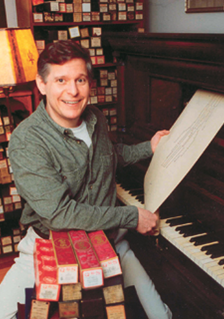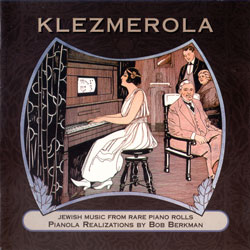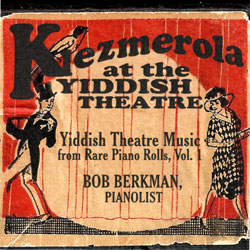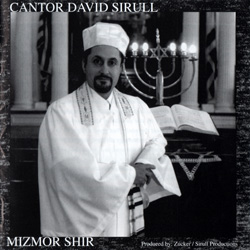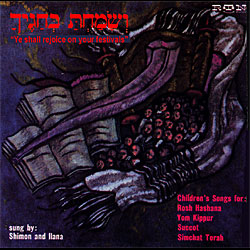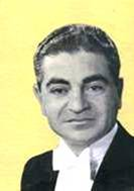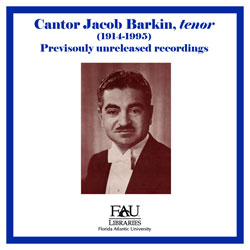Ma Nishtana (מה נשתנה) is also known as The Four Questions.
(מה נשתנה) is also known as The Four Questions.
Recited by the youngest child at the table it evokes our own childhood experience and the pride we felt participating in the family seder.
Sung by Fran Avni’s Singing Children’s Chorus
Mah nishtanah, ha-laylah ha-zeh,mi-kol ha-leylot?
She-b’khol ha-leylot ‘anu ‘okhlin chameytz u-matzah, ha-laylah ha-zeh, kulo matzah?
She-b’khol ha-leylot ‘anu ‘okhlin sh’ar y’raqot, ha-laylah ha-zeh, maror?
She-b’khol ha-leylot ‘eyn ‘anumatbilin ‘afilu pa`am ‘achat, ha-laylah ha-zeh, shtey fe`amim?
She-b’khol ha-leylot ‘anu ‘okhlin beyn yoshvin u-veyn m’subin, ha-laylah ha-zeh, kulanu m’subin?
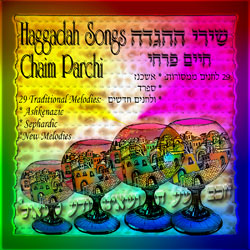 Dayenu (דַּיֵּנוּ) is a song of gratitude for all the gifts that God has given us.
Dayenu (דַּיֵּנוּ) is a song of gratitude for all the gifts that God has given us.
It is more than a thousand years old.
Sung by Chaim Parchi
Ilu ilu hotzianu hotzianu mimitzrayim, v’lo asah bahem sh’fatim, dayeinu!
Ilu ilu asah bahem , asah bahem sh’fatim v’lo asah be’eloheihem, dayeinu!
Di-di-yeinu! Di-di- yeinu! Di-di-yeinu! Dayeinu, dayeinu, dayeinu!
Di-di-yeinu! Di-di-yeinu! Di-di-yeinu! Dayeinu, dayeinu!
Adir Hu (אדיר הוּא) “Mighty is He” is a hymn traditionally sung towards the end of the Seder.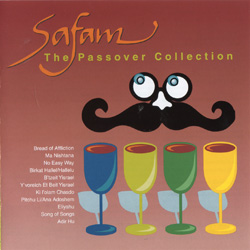
Performed by Safam, music by Shlomo Carlebach
Adir hy yivneh beito Yivneh beito beito b’karov
El b’nei, el b’nei, b’nei beitcha b’karov,
Bimhera bimhera bimhera b’karov.
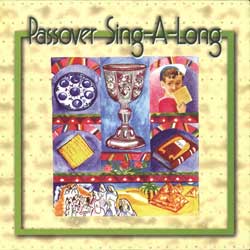 Chad Gadya (גדי אחד) “One Little Goat” is a playful song popular with the children.
Chad Gadya (גדי אחד) “One Little Goat” is a playful song popular with the children.
It is sung at the end of the seder.
Sung by Ralph Levitan
Chad gadya, chad gadya. Chad gadya, chad gadya,
Dizabin abah dizabin abah dizabin abah bitrei zuzei.
Chad gadya, chad gadya.
Ve-ata shunra ve-akhlah le-gadya,
Dizabin abba bitrei zuzei.
Chad gadya, chad gadya, ve-ata kalba ve-nashakh le-shunra, de-akhlah le-gadya.
Echad Mi Yodea (אחד מי יודע) is a cumulative song meaning that each verse is built upon the previous one.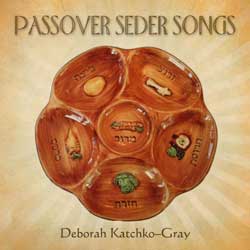
There are thirteen verses in all.
Sung by Deborah Katchko-Gray
Sung by Deborah Katchko-Gray
English Translation:
Who knows one?
I know one.
One is our God, in heaven and on earth.
Who knows two?
I know two.
Two are the tablets of the covenant;
One is our God, in heaven and on earth……..
Who knows thirteen?
I know thirteen.
Thirteen are the temperaments of God;
Twelve are the tribes of Israel;
Eleven are the stars of Joseph‘s dream;
Ten are the [Ten] Commandments;
Nine are the months of pregnancy;
Eight are the days of circumcision;
Seven are the days of the week;
Six are the books of the Mishnah;
Five are the books of the Torah;
Four are the Matriarchs;
Three are the Patriarchs;
Two are the tablets of the covenant;
One is our God, in heaven and on earth.
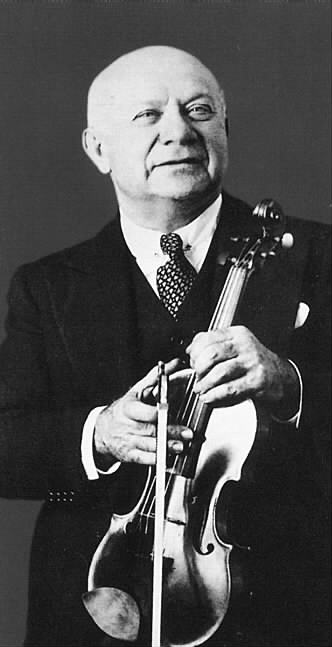





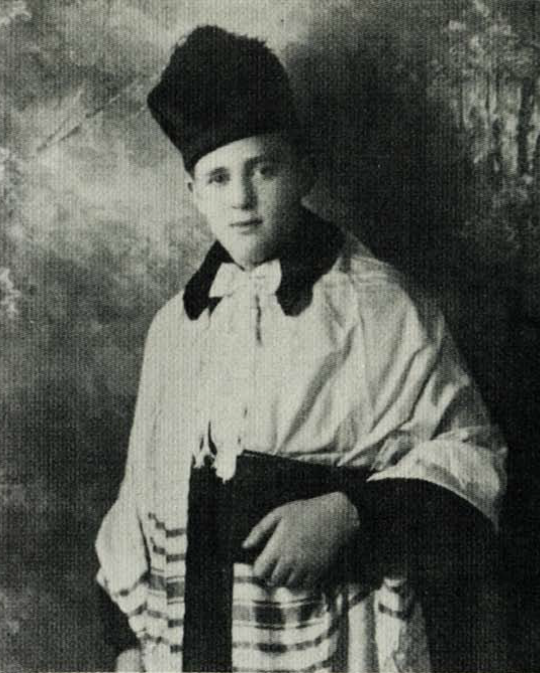
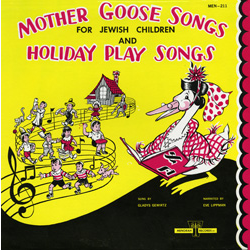
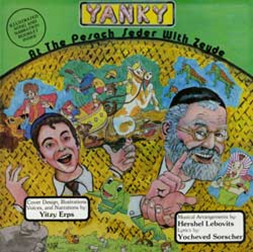
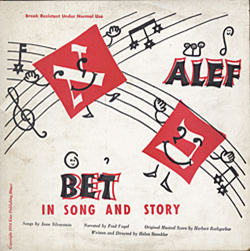
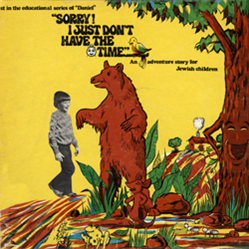

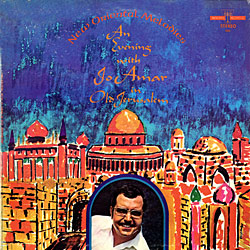 ar
ar